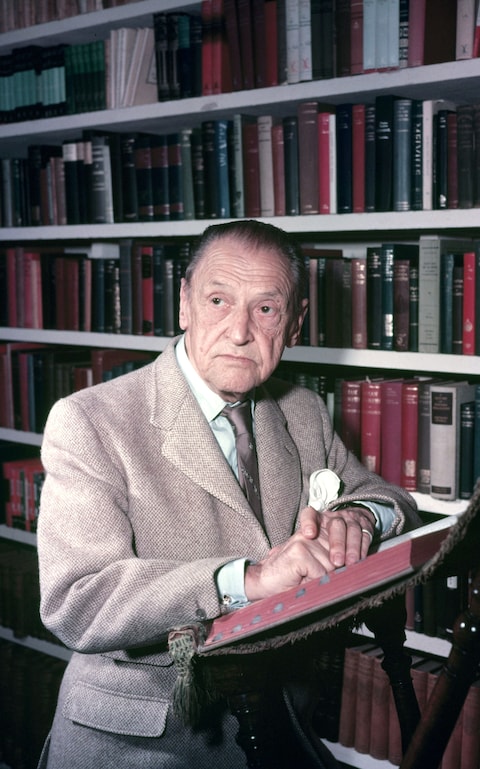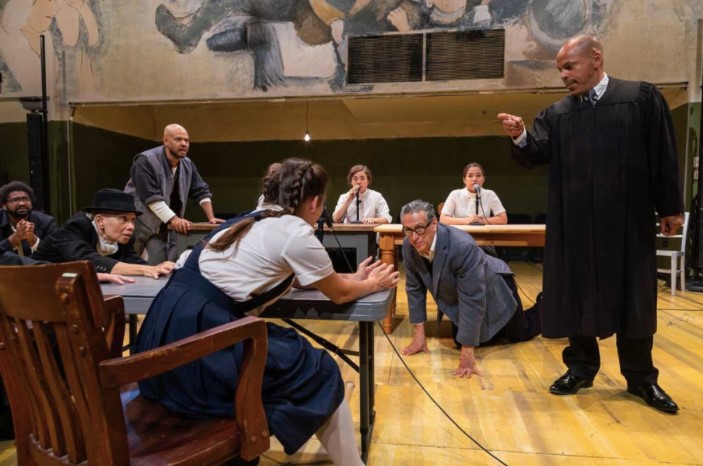In today’s Wall Street Journal “Sightings” column, I write about a new book by Rob Kapilow whose subject is American popular song. Here’s an excerpt.
* * *

The “listicle,” a name used by writers and editors to refer to a piece that consists mainly or entirely of a list—the five best restaurants in New York, the 10 scariest movies of the ’70s, the 25 greatest plays of the 20thcentury—has become in recent years a staple of contemporary cultural journalism. It’s easy to see why: Listicles can be thrown together without excessive effort and are famously effective as clickbait. Precisely for that reason, though, they tend not to have much staying power, nor does the genre typically translate well into book form.
That said, there are exceptions to all journalistic rules, and the latest of these is Rob Kapilow’s “Listening for America: Inside the Great American Songbook From Gershwin to Sondheim” (Liveright), a listicle-style book whose publication earlier this month put me in mind of two other infectiously readable books that take a similar approach to their subjects.

The first one is W. Somerset Maugham’s “Great Novelists and Their Novels,” a volume of essays based on a piece that Maugham published in 1948 in Redbook, a magazine best known today for such listicles as “Thirteen Positive Benefits of Spending Time with Family During the Holidays.” Time was, though, when Redbook also published first-rate fiction by authors as diverse as Edith Wharton and Dashiell Hammett (“The Thin Man” first saw print there). Maugham was for many years a regular contributor, and in addition to writing dozens of crisply wrought short stories for Redbook, he also preached the virtues of such classics as “The Brothers Karamazov,” “David Copperfield,” “Madame Bovary,” “Pride and Prejudice” and “War and Peace” in a listicle that he later expanded into a series of essays for the Atlantic Monthly….
Less well known but just as worthy of note is Bernard Shore’s “Sixteen Symphonies,” a book published in 1950 by the then-principal violist of the BBC Symphony. In addition to being a distinguished instrumentalist, Shore was also a gifted writer, and during his decade-long tenure at the BBC, he performed under such legendary conductors as Serge Koussevitzky, Arturo Toscanini and Bruno Walter. “Sixteen Symphonies” is a memoir-like book in which he described the experience of playing the classics for great and not-so-great conductors, eschewing gossipy tale-telling to consider the art of orchestra playing from an insider’s point of view.
I thought of “Sixteen Symphonies” in particular as I read Mr. Kapilow’s “Listening for America.” The author, who is himself a conductor and musical commentator, is best known for “What Makes It Great,” a series of NPR radio commentaries in which he talks about the inner workings of familiar pieces of classical music in close but easily comprehensible detail. It turns out, though, that Mr. Kapilow is no less passionate an advocate for the Broadway musical…
* * *
Read the whole thing here.Rob Kapilow talks about “Over the Rainbow,” one of the songs discussed in Listening for America:

